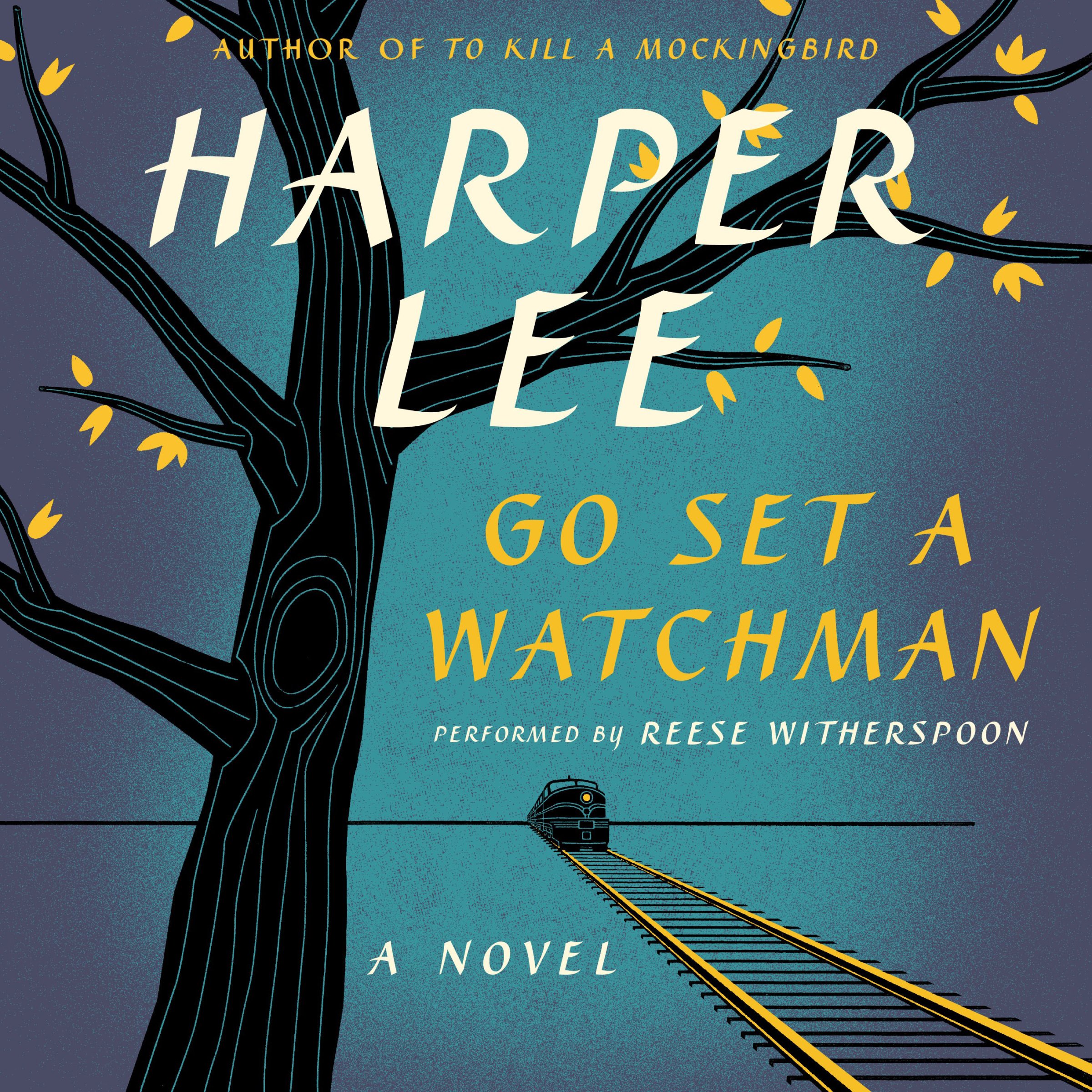
Harper Lee’s 1960 novel To Kill a Mockingbird is a curious case: A book so perfect that it compels the reader to want more time with the Finch family, and yet one whose perfection is neat and self-contained. But that perception ended with the recent announcement that an early draft of Mockingbird depicting Scout as an adult was to be published under the title Go Set a Watchman.
That book, to be released Tuesday, is one whose success, on its own merits, is nearly impossible and rather pointless to evaluate. Watchman is more successful as an amplification of characters it shares with Mockingbird, where they are better-developed. Watchman is both a painful complication of Harper Lee’s beloved book and a confirmation that a novel read widely by schoolchildren is far more bitter than sweet.
Watchman is alienating from the very start: Readers will be dispirited from the first chapter, with the revelation that, in the years between Scout’s childhood and her return to Maycomb, Ala., at 26, her brother Jem has died and her father Atticus has grown infirm. This burst of exposition, as with other clumsy moments of plotting and sporadic jumps back in time, works only because the characters are already famous; a romance between Jean Louise (Scout has embraced her legal name as an adult) and a newly introduced character, Henry Clinton, told in a third-person voice close to Jean Louise’s own thoughts, is less successful yet.
But the book’s most striking aspect—the revelation of Atticus Finch’s retrograde and, yes, frankly racist views of his black clients and neighbors—is powerful enough to subsume all the more dubious elements. The headline that Atticus Finch is a racist, someone who’s opposed to black lawyers from the NAACP or from any black participation in public spaces, alarmed many a reader. Atticus, more than any other character, has stood for justice and righteousness in the American imagination. And now he’s revealed as a bigot? Perhaps especially as anxieties rise over the apparent absence of justice in racially charged cases, it seems somehow too much. We need heroes in our fiction, at least.
And that’s why the success of Go Set a Watchman (whose title is a reference to a Biblical verse about the moral compass) lies both in its depiction of Jean Louise reckoning with her father’s beliefs, and in the manner by which it integrates those beliefs into the Atticus we know. Atticus isn’t—never was—a bland fighter for what is empirically right. His true heart, expressed in a lengthy debate with Jean Louise, actually squares neatly with the paternalistic attitude Atticus takes towards black people in To Kill a Mockingbird, and his occasionally overwrought compassion for his racist white neighbors.
“Have you ever considered that you can’t have a set of backward people living among people advanced in one kind of civilization and have a social Arcadia?” Atticus asks Jean Louise. The question is poisonous, but hardly contradicts what came before. Atticus has always been depicted as a Southern traditionalist; the tone of To Kill a Mockingbird, with its deceptively simple, childlike curiosity, simply elided consequences of those traditions that might be on the uglier side, because a young daughter overlooks the frailties in her father that are beyond her understanding.
Go Set a Watchman is also a song of experience. It’s unmerciful to both Atticus and to Jean Louise, whose childish fractiousness has calcified into a rigid judgmentalism closer to her much-loathed Aunt Alexandra than she’d like to admit. She’s a work in progress. And it’s this evolution, her realization that the loss of innocence is as much something to be grieved and overcome as the loss of a brother, that lies at the heart of Go Set a Watchman.
While To Kill a Mockingbird ends with a sense of hope that people truly are good, Go Set a Watchman wraps up with resignation that people often cannot change. Books can be self-contained; lives have the sad tendency to grow only more messy as time goes by. Jean Louise learns that she cannot write off her father—his good and his bad—just because of the views he’s always held, or because he’s a figure from a past that’s receding too slowly. It’s only by striving to see him with the eyes of an adult that she can come to understand what she stands for. Painful though it may be, that’s the reader’s task too.
Read Next: TIME’s Original Review of To Kill a Mockingbird
More Must-Reads from TIME
- Cybersecurity Experts Are Sounding the Alarm on DOGE
- Meet the 2025 Women of the Year
- The Harsh Truth About Disability Inclusion
- Why Do More Young Adults Have Cancer?
- Colman Domingo Leads With Radical Love
- How to Get Better at Doing Things Alone
- Michelle Zauner Stares Down the Darkness
Contact us at letters@time.com